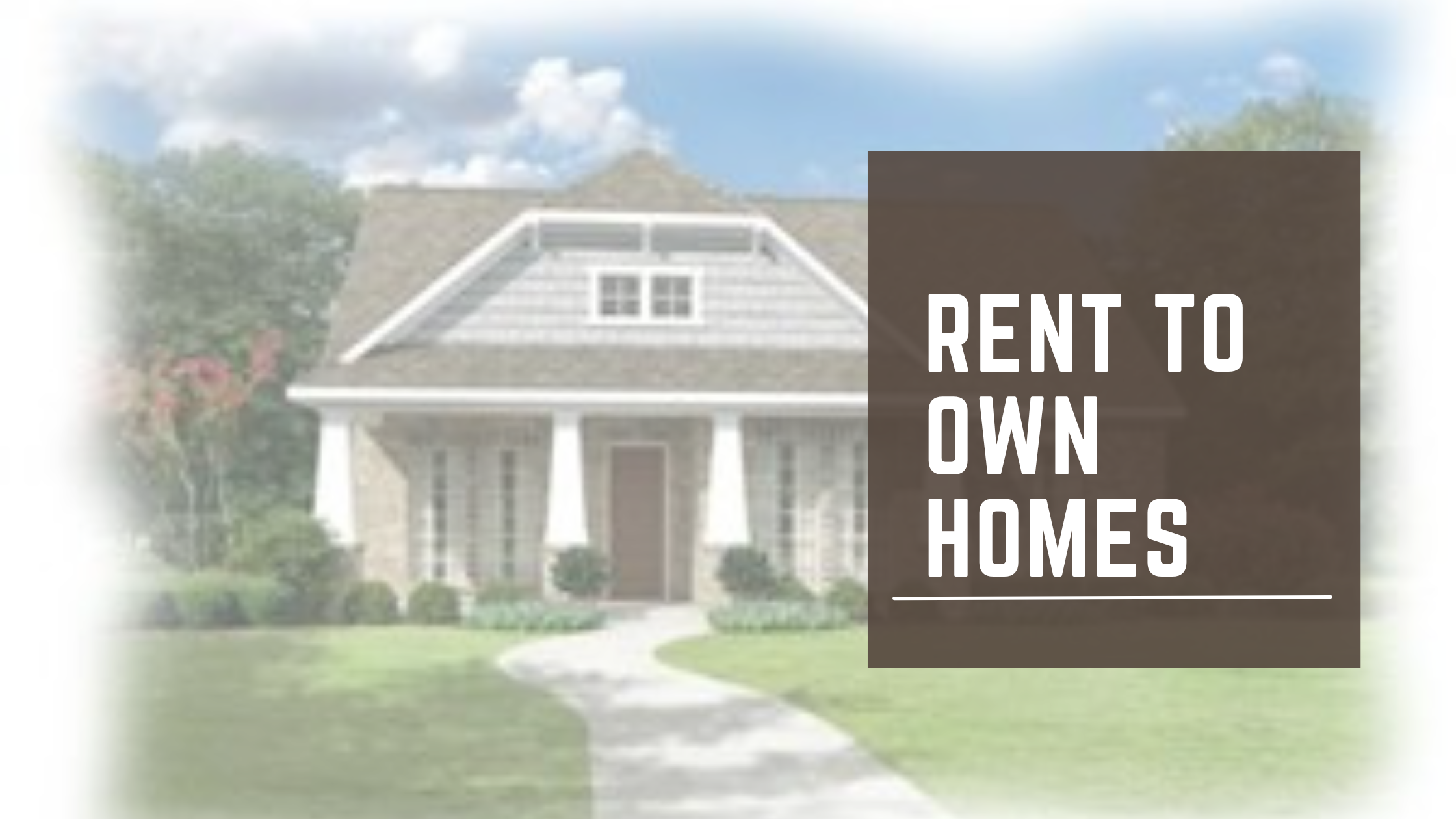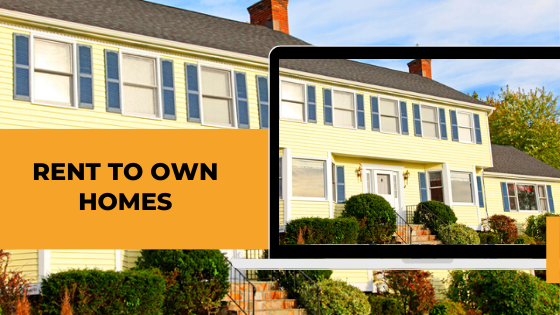
For many families in North Carolina, the dream of homeownership feels just out of reach. Rising property prices, strict mortgage requirements, and the challenge of saving for a down payment can make buying a home seem impossible. Rent-to-own homes offer an alternative path, blending the flexibility of renting with the long-term goal of ownership. But while the concept sounds appealing, the process is often misunderstood.
What Rent-to-Own Really Means
At its core, a rent-to-own agreement allows a tenant to live in a home while gradually working toward purchasing it. Instead of a traditional rental contract, the tenant signs a lease that includes an option—or sometimes an obligation—to buy the property at a later date. A portion of the monthly rent may be credited toward the eventual purchase price, creating a bridge between renting and owning. In North Carolina, these agreements are often structured as either lease options or lease purchase contracts, each with slightly different legal and financial implications.

Lease Option vs. Lease Purchase
A lease option gives the tenant the right, but not the obligation, to buy the home at the end of the lease term. This flexibility can be attractive for renters who want to test the neighborhood, improve their credit, or simply keep their options open. By contrast, a lease purchase agreement commits the tenant to buying the property once the lease period ends. While this creates certainty for the seller, it also places more responsibility on the tenant. Understanding the difference between these two structures is critical, as North Carolina law treats them differently in terms of enforceability and consumer protection.
The Financial Mechanics
Rent-to-own contracts typically involve three financial components: the monthly rent, the rent credit, and the option fee. The monthly rent is often slightly higher than market rates, with the extra portion earmarked as a credit toward the purchase. The option fee, paid upfront, secures the tenant’s right to buy the home later and is usually non-refundable. In North Carolina, option fees can range from a few thousand dollars to a percentage of the home’s value. Buyers should carefully review how these payments are applied, as not all contracts guarantee that credits will reduce the final purchase price.
Benefits for Buyers
For residents struggling to qualify for a mortgage, rent to own homes in North Carolina offers a practical stepping stone. It allows time to repair credit, build savings, and establish a stable income history while already living in the desired home. Rent-to-own also locks in a purchase price, which can be advantageous in a rising market. For families who want to settle into a community—whether in Charlotte, Raleigh, or smaller towns—this arrangement provides stability without the immediate financial burden of a traditional purchase.
Benefits for Sellers
Homeowners and investors also find value in rent-to-own agreements. Sellers can attract a wider pool of potential buyers, especially those who might not qualify for financing today but will in the near future. They also secure rental income while keeping the property occupied, reducing the risk of vacancy. In competitive markets across North Carolina, offering rent-to-own terms can differentiate a listing and speed up transactions.
Risks and Challenges
Despite the advantages, rent-to-own homes are not without risks. Tenants may lose their option fee and rent credits if they fail to purchase the property. Sellers may face delays if tenants cannot secure financing when the lease ends. Additionally, contracts can be complex, and without proper legal guidance, buyers may misunderstand their obligations. In North Carolina, consumer protection laws require transparency, but disputes still arise. Both parties should consult real estate professionals or attorneys before signing any agreement.
Navigating the Process in North Carolina
The first step for interested buyers is to identify reputable rent-to-own listings. Many local real estate agents and specialized platforms now feature these homes, particularly in growing markets like Greensboro and Fayetteville. Once a property is identified, buyers should request a clear contract outlining rent credits, option fees, maintenance responsibilities, and purchase timelines. Sellers should ensure compliance with state laws and disclose all relevant property information. Transparency and documentation are key to avoiding misunderstandings.
Conclusion
Rent-to-own homes in North Carolina provide a unique opportunity for renters to transition into homeowners while living in the property they hope to purchase. By understanding the mechanics of lease options and lease purchase agreements, both buyers and sellers can make informed decisions. While the process carries risks, it also opens doors for families who might otherwise be locked out of the housing market. With careful planning, professional guidance, and a clear contract, rent-to-own can transform the dream of homeownership into reality across the Tar Heel State.


